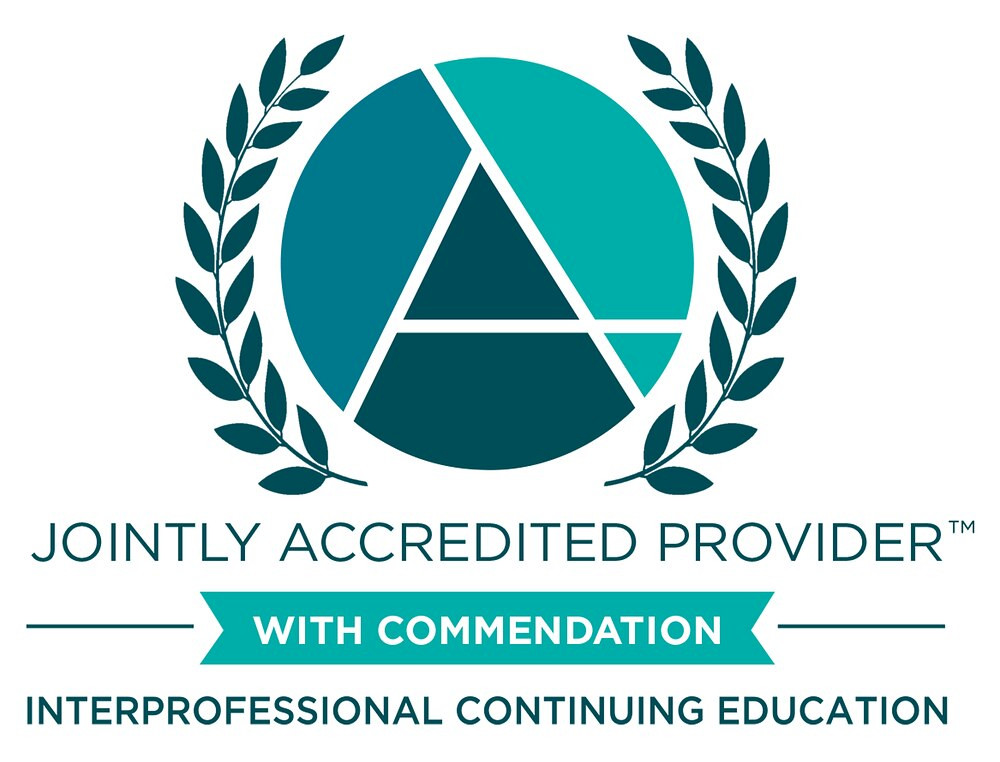What is joint providership?
Joint providership is when two organizations, an accredited provider and a non-accredited provider jointly develop and implement an accredited activity. The accredited provider (National Center OICPD) must take responsibility for an accredited activity when it is presented in cooperation with a non-accredited institution or organization. An ACCME defined ineligible entity (commercial interest) cannot take the role of the non-accredited entity in a joint provider relationship.
What is joint accreditation?
Joint Accreditation for Interprofessional Continuing Education offers organizations the opportunity to be simultaneously accredited to provide continuing education activities for multiple professions through a single, unified application process, fee structure, and set of accreditation standards. Jointly accredited providers may choose to award single profession or interprofessional continuing education credit (IPCE) without needing to obtain separate accreditations. Joint Accreditation for Interprofessional Continuing Education is the first and only process in the world offering this benefit.
What is Interprofessional Continuing Education?
Interprofessional continuing education (IPCE) is when members from two or more professions learn with, from, and about each other to enable effective collaboration and improve health outcomes (ACCME, ACPE, ANCC 2015).
How are credit hours calculated?
Per Joint Accreditation for ANCC, ACCME, ACPE, BOC, and IPCE credit, 60 minutes equals one (1) hour of CE credit. Credits can be divided into fifteen (15) minute increments (.25, .50, .75). Credit is rounded down to the nearest 15-minute increment.
ASWB Social Work contact hours are calculated in 30-minute increments and must be at least one (1) hour to qualify for credits. This means an activity can be 90 minutes (earning 1.5 credits) but not 30 minutes long.
Who needs to complete a disclosure form when planning an activity?
The ACCME requires jointly accredited providers to require everyone who is in any position to control the content of an educational activity to disclose all financial relationships with any ineligible companies in order to prevent potential bias in the educational content.
What are ineligible entities/commercial interests?
An ineligible entity / commercial interest, as defined by the ACCME, is those whose primary business is producing, marketing, selling, re-selling, or distributing healthcare products used by or on patients. The ACCME does not consider providers of clinical services directly to patients to be commercial interests. A commercial interest is not eligible for ACCME accreditation directly or via a joint provider relationship. Ineligible entities can be for-profit or non-profit organizations.

